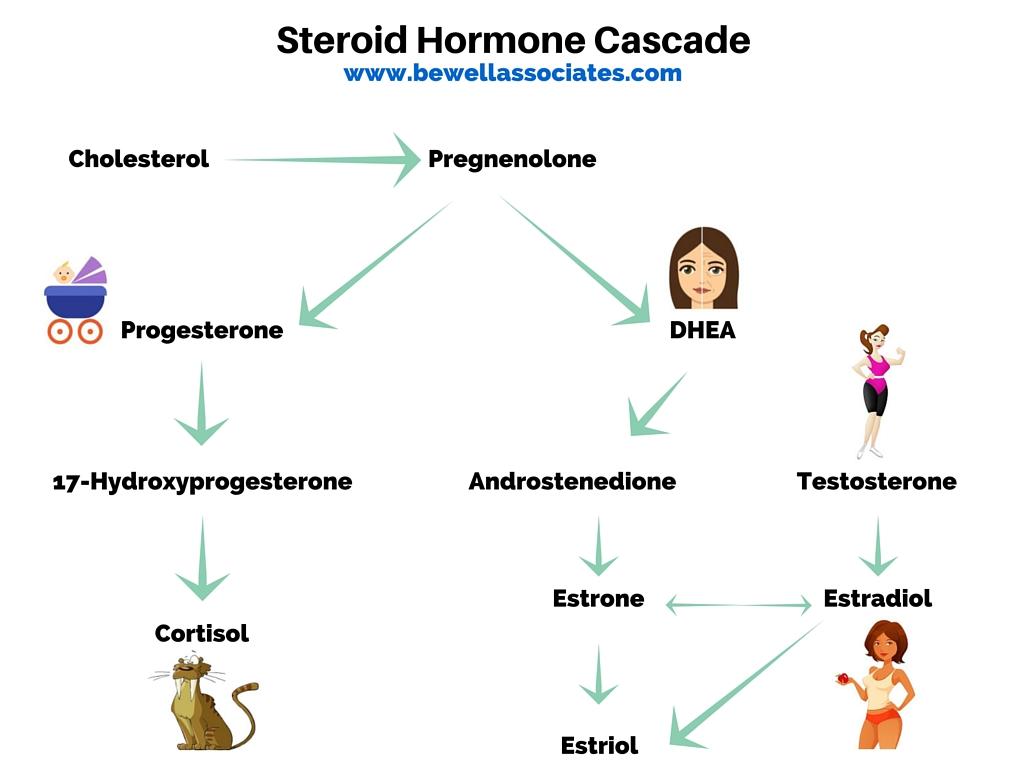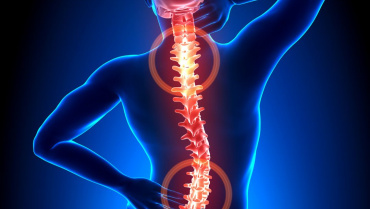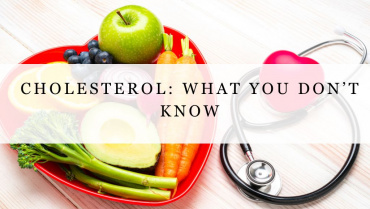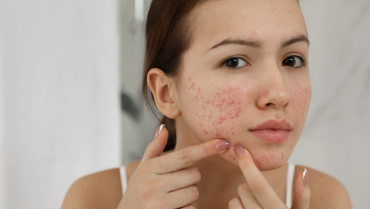Do you become “bewitched” once a month?…..And I don’t mean this in a good way. I am referring to the debilitating changes that plague many women in the weeks before their menstrual cycle begins.
These changes are usually referred to as PMS or PreMenstrual Syndrome, and consists of the recurrent symptoms that develop during the 7-14 days prior to menstruation. They can include:
- Anxiety, irritability
- Mood swings
- Fatigue
- Abdominal bloating
- Bowel changes
- Changes in appetite
- Breast tenderness
- Uterine cramping
- Altered libido
- Headaches
- Backaches
- Acne
- Swollen fingers and ankles
One of the most common causes of many of these symptoms is the imbalance between the two main female hormones, estrogen and progesterone.
I think of the interaction between these two hormones as a dance that determines the timing and ease (or lack thereof) of a woman’s periods.
Progesterone is low for the first two weeks of the cycle, peaks at around Day 21 and plummets when the bleeding begins, which is considered Day 1 of the menstrual cycle. Estrogen has a more intermediate trajectory. It’s when progesterone levels are low in proportion to estrogen levels that many of the discomforts of PMS result.
Here are some of the main signs and symptoms of low progesterone/high estrogen:
- Breast tenderness and swelling
- Menstrual migraines
- Late periods
- Acne
- Cravings
- Insomnia
- Low libido
- Irritability
- Joint pain
- Moodiness
- Depression
I have heard of other, less common signs of PMS, such as painful sores inside the nose, feeling like there are insects crawling under one’s skin and the like. Crazy.
The question is, why do so many women develop low progesterone?
Take a look at this diagram, which depicts the entire steroid hormone cascade. As you can see, cholesterol is the building block for all of our hormones (can you see why bringing it down excessively can cause problems? But this is a discussion for another day.)
One side of the equation makes DHEA, from which we produce all of our estrogens and testosterone, men and women alike.
The other side makes progesterone and, eventually, cortisol. Cortisol is our stress hormone. When there is a great deal of stress, all or much of the progesterone goes to making cortisol, and hence leaves women in a state of relative estrogen dominance or low progesterone.
This situation is called the “progesterone steal”. Sounds nasty, doesn’t it? Well it is! Since estrogen is a growth stimulant, this imbalance can set the stage for undesirable growth in the body, such as breast cysts and cancer, fibroids in the uterus and cysts in the ovaries.
In my many years of practice I have come to the conclusion that protecting and boosting progesterone is the #1 strategy for a peri-menopausal woman to stay out of serious hormonal and overall health, trouble.
If you want to assess your risk for hormone related health issues consider the DUTCH Test, which checks for the metabolites of various estrogens using a small sample of urine. It is an excellent predictor with the benefit of allowing people to change the course of their health through early nutritional intervention.
Understanding these relationships also emphasizes the need to reduce stress in our daily lives in order to minimize the progesterone steal. I know many of you are rolling your eyes. But you can change your reactivity to stress, even if the triggers do not change.
You can change.
In fact, it is the only thing that you have direct control over. So consider a mindfulness training class, meditation, yoga, tai chi, life coaching, or behavioral therapy. Any one of these are excellent avenues to help you deal better with the challenges of your day.
Contact us to learn about some of the products we offer that will improve your progesterone/estrogen ratio.
Most definitely avoid any synthetic form of progesterone such as Provera. They often have unpleasant side effects and are linked to cancers. If you prefer an oral form of progesterone you can ask your doctor for the micronized form or a triturate, which will have to be made by a compounding pharmacy.
There are other issues that may cause PMS and include:
- Hidden food allergies/sensitivities
- Sluggish Liver (detoxification problems)
- Poor gut flora
- Poor diet
All of these possibilities, as well as possible nutritional or hormonal deficiencies discussed above, would be assessed in an individual nutrition appointment with one of our nutritionists. Let us create a customized program for you that is based on your unique needs. Contact us today!





Add Comment